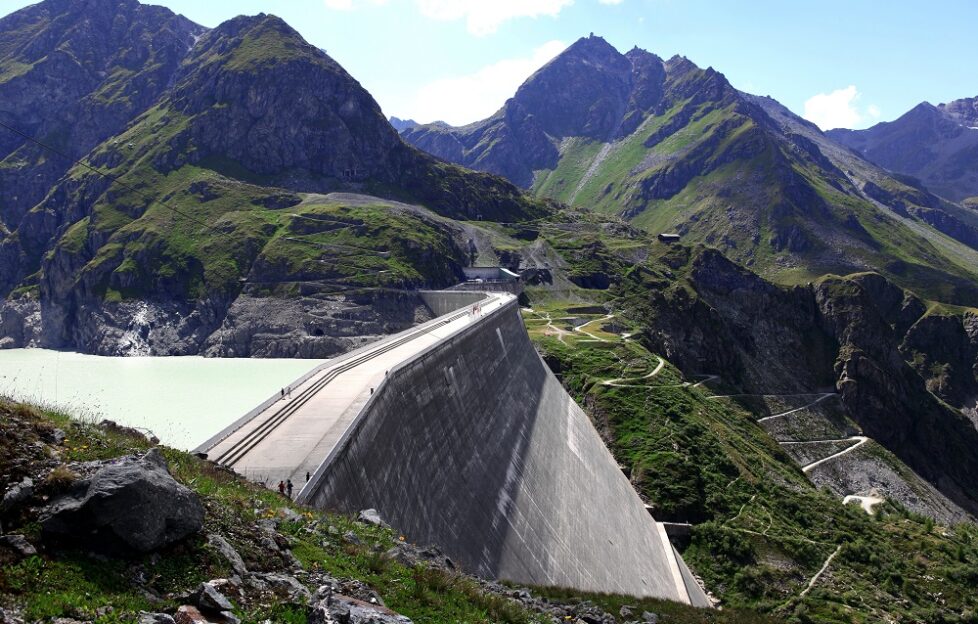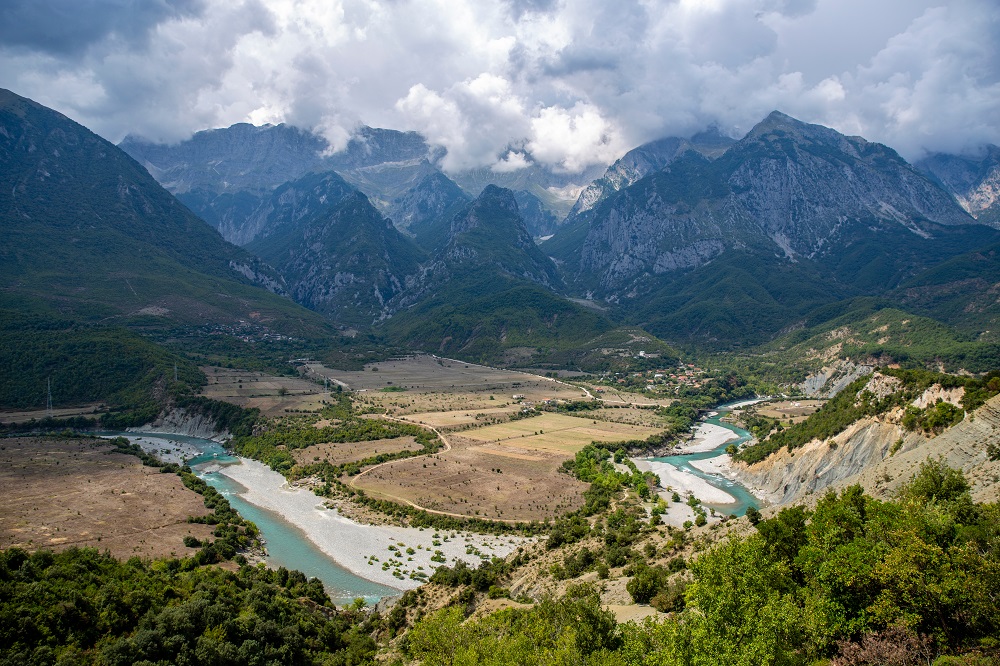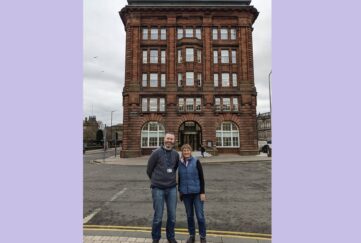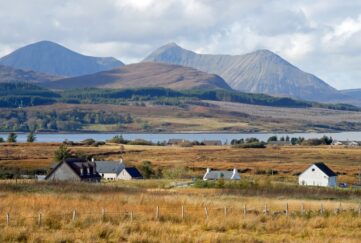Features Ed Blog: All About Dams

A recent interview with Ulrich Eichelmann from Riverwatch leaves Alex thinking all about dams.
A few weeks ago, I pitched an idea to Editor Angela about speaking to Riverwatch. They’re a small European organisation campaigning for (for want of a better word) the re-naturalisation of rivers. Well, I ended up having a fairly long chat with Ulli, and came away a bit shell-shocked.
Hydro power is one of the oldest renewable energy sources in the industrialised world. I think many of us would think of them as part of the solution to climate change, but Ulli’s organisation are here to tell us otherwise. There are very, very few rivers left in Europe that are free from human interference.
In fact, the Vjosa in Albania is touted as the continent’s last truly wild river. After much campaigning, it has finally been declared a protected national park.

The beautiful River Vjosa.
Unimaginable Impact
This is important, because dams – and other human interference with rivers, like re-routing or channelling – have caused a staggering 84% loss in biodiversity in our rivers.
I sat, slightly gobsmacked on the phone, while Ulli relayed these facts to me. Reservoirs are sterile environments, no matter how pretty they look. There’s very little life in them. They warm up unnaturally, sitting there in the sun, providing an inhospitable environment for life. Fish ladders might help one species, but the water they climb up to will be nowhere near as rich as it should be.
All the plant life in the area flooded by the reservoir breaks down. As it does so, it releases methane. Individually, it doesn’t seem like the end of the world, but damming projects are being approved and built at such a staggering rate, that it’s estimated 1 billion tonnes of methane are released through them every year.
This fascinating article from eco-clothing company Patagonia relays even more of the facts. According to them, just in the region between Slovenia and Greece, more than 3,000 dams are in the pipeline.
What To Do?
Ulli lists it near the top – or even at the top – of the current ecological emergencies. Rivers are highways of life, which is why folk always historically settled alongside them. But this is no longer the case. Dams, weirs and channelling blocks the movement of animals, plants and nutrients. But decommissioning dams is a slow and bureaucratic process.
Needless to say, it was a lot to take in. Damming is an enterprise humankind embarked on with (mostly) the best of intentions. But maybe it’s time to take stock of the situation.
It’ll be a wee while before my interview with Ulli appears in the mag – November 5 – but I think you’ll find Ulli’s thoughts fascinating.
Read more from the team here on the Team Blog!





